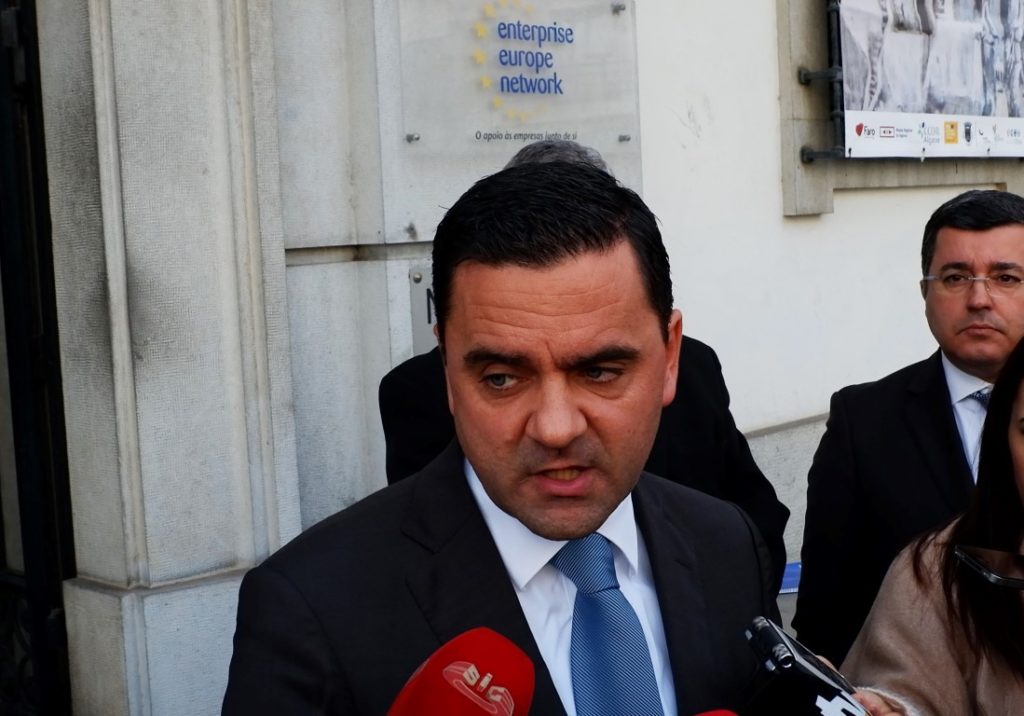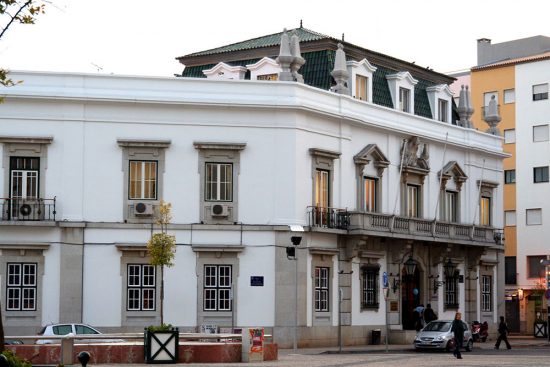 The precarious workers who work in the management of community funds in the Algarve will continue to be attached to the Algarve Regional Development Coordination Commission (CCDR) and the CRESC Algarve 2020 Operational Program, despite being about to be hired by a public institute headquartered in Lisbon, said minister Pedro Marques, on Friday, in Faro.
The precarious workers who work in the management of community funds in the Algarve will continue to be attached to the Algarve Regional Development Coordination Commission (CCDR) and the CRESC Algarve 2020 Operational Program, despite being about to be hired by a public institute headquartered in Lisbon, said minister Pedro Marques, on Friday, in Faro.
The Government is preparing to hire, on a permanent basis, the 17 workers in that situation in the Algarve, some of whom have been precarious in the State for over 20 years, but will integrate them into a national entity. This does not mean that they are no longer attached to the Algarve's CCDR, says the Minister of Planning and Infrastructure.
At the end of last week, the precarious members of the Algarve's CCDR publicly expressed their fear that this measure could mean their departure from the region and questioned the Government's option not to bind them to the Algarve's CCDR.
"The Algarve region deserves not only to administer the funds from the community funds destined for them, but above all, it deserves to maintain its human resources, highly qualified in the management of community funds and knowledgeable about the Algarve reality", defended the group of workers , while questioning the Government about its future.
The Minister of Planning and Infrastructure guaranteed that the workers will stay and that the law leaves no room for doubt. Pedro Marques was even surprised to see “that this film continues, this unacceptable noise, because the law itself has a point there that stipulates that this link to the Agency for Development and Cohesion does not affect the allocation of human resources to the Operational Programs of management of regional funds'.
 As for a possible future decision, which removes these workers specialized in management of European Union Funds from the region, the member of the Government says that he will only respond "by the current law, which determines that they will be allocated to the regional Operational Programs".
As for a possible future decision, which removes these workers specialized in management of European Union Funds from the region, the member of the Government says that he will only respond "by the current law, which determines that they will be allocated to the regional Operational Programs".
“People will have a stable bond, which they didn't have. There are people who 20 years ago were here in limbo and who every six years risked going to the streets and being without a job», he framed.
The option for integration into a national entity was taken as a practical matter, said the minister. «In order not to have problems with eligibility for community funds, that is, for the expenditure associated with the management of the funds to be financed by the European Union, we considered that it would be more prudent for them to be integrated into a national entity specialized in managing the funds. Because CCDRs do other things,” he said.
The precarious workers of the CCDR in the Algarve also see this law as a sign that the CCDRs may lose their powers in the future. Speaking to TSF radio, Nathalie Santos, the group's spokesperson, questioned whether this decision would also imply the loss of autonomy for the regions to manage community funds. “What will be the future competences of the CCDRs? It seems that they are taking decision-making power away from the regions», he said.
«This Government has a political purpose, which it stated in the proposals it presented for political debate on decentralization, which is to strengthen the role of the CCDR, namely in the programming and execution of community funds. Therefore, it would not make any sense to be taking workers away from them», assured, for his part, Pedro Marques.
On Friday, the day he followed Prime Minister António Costa on a visit to Faro, to participate in the Regional Council of the Algarve, an advisory body of the Algarve CCDR, Pedro Marques also announced that the electrification works of the Algarve Line will be launched in 2018 and revealed that there is still no scheduled date for the start of the EN125 requalification works, between Vila Real de Santo António and Olhão.

















Comments